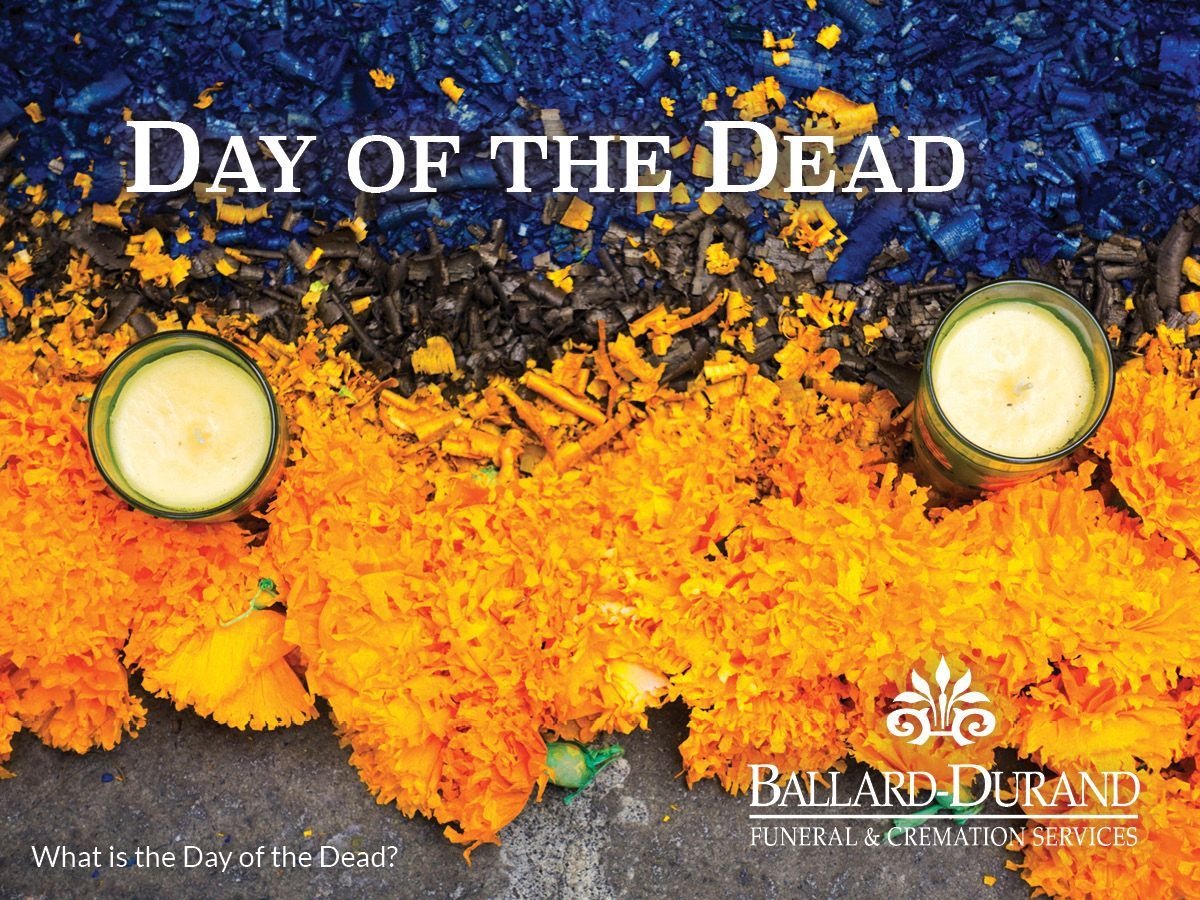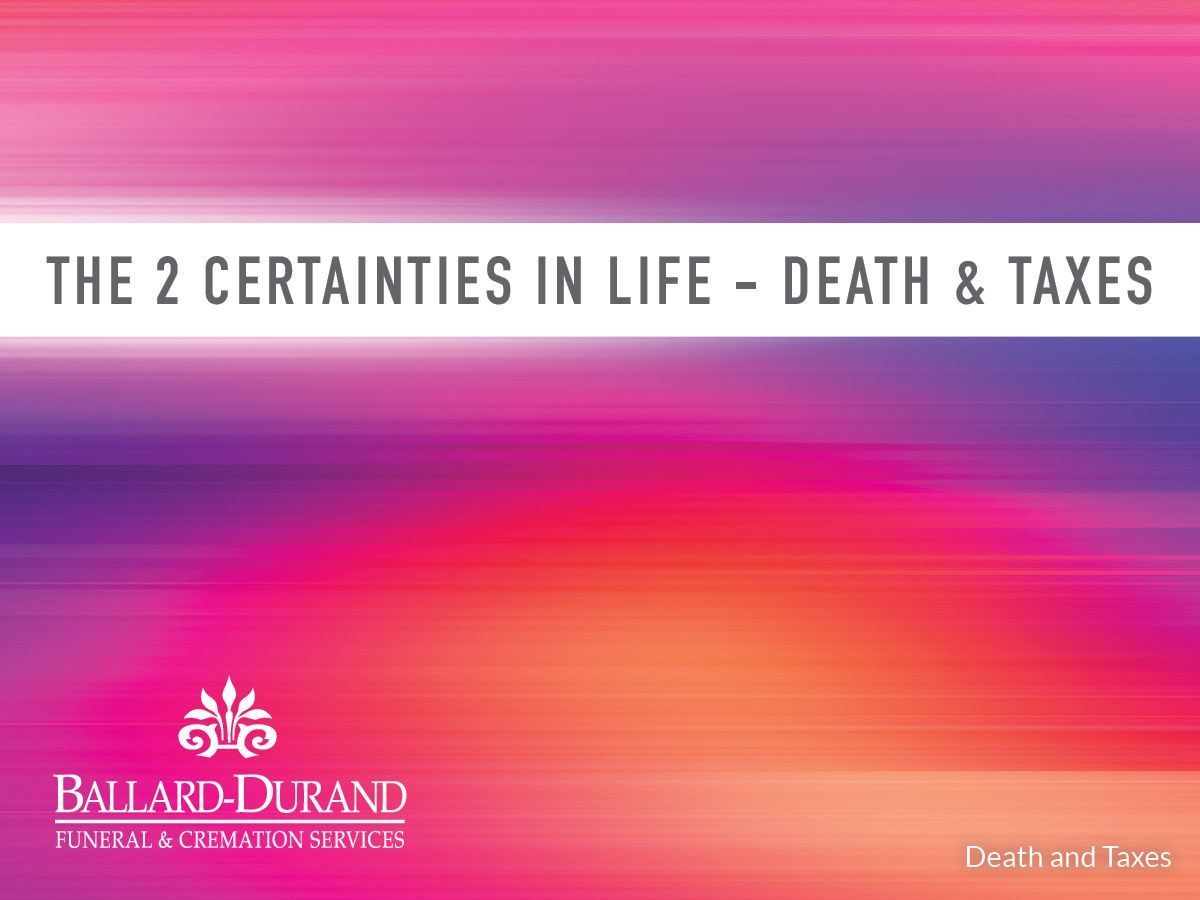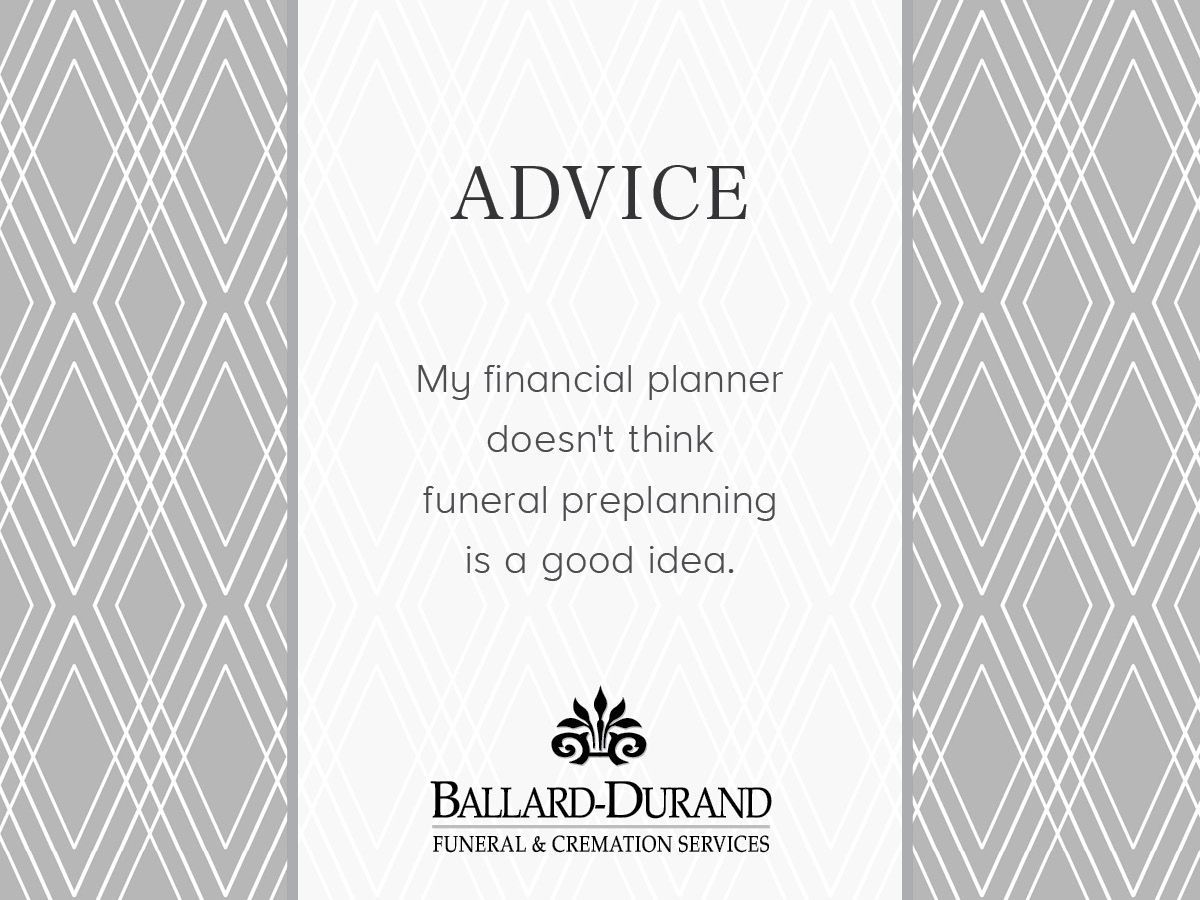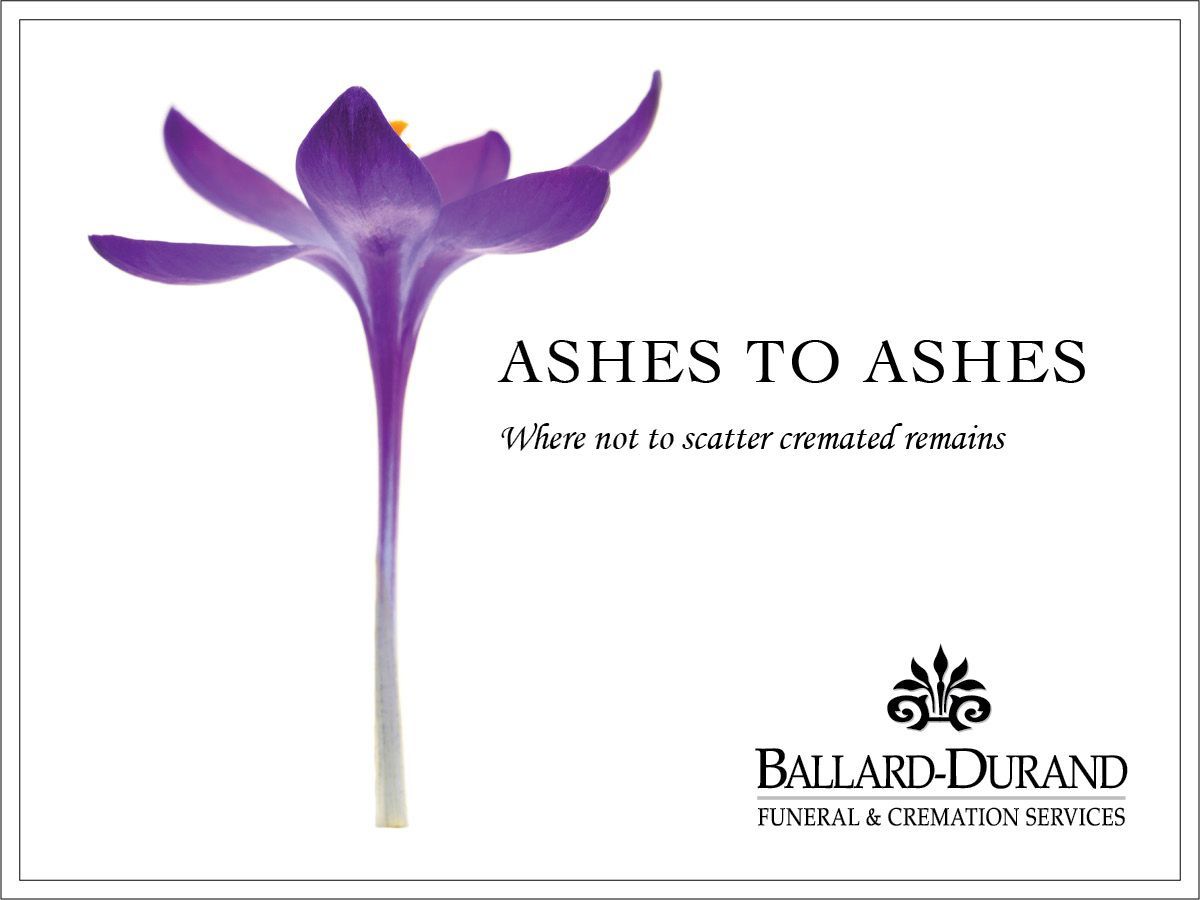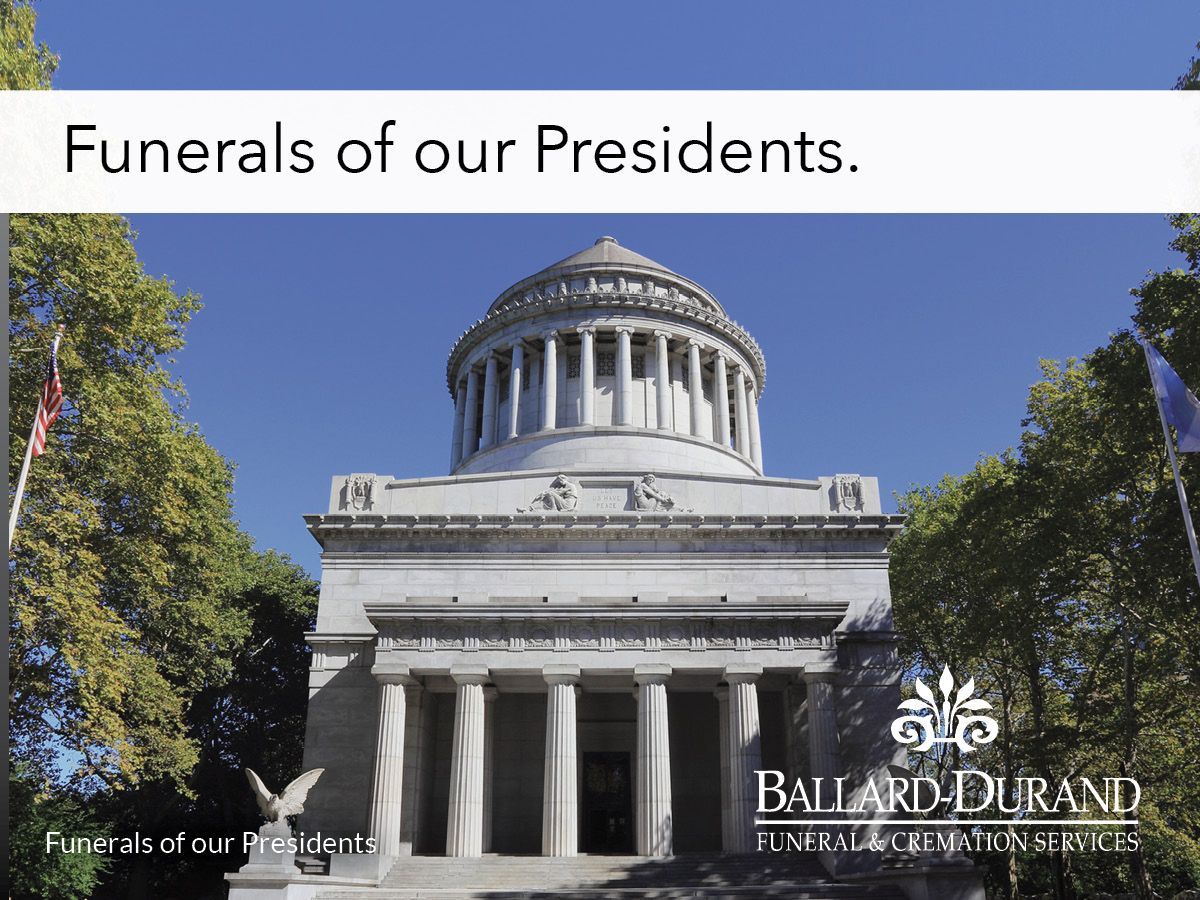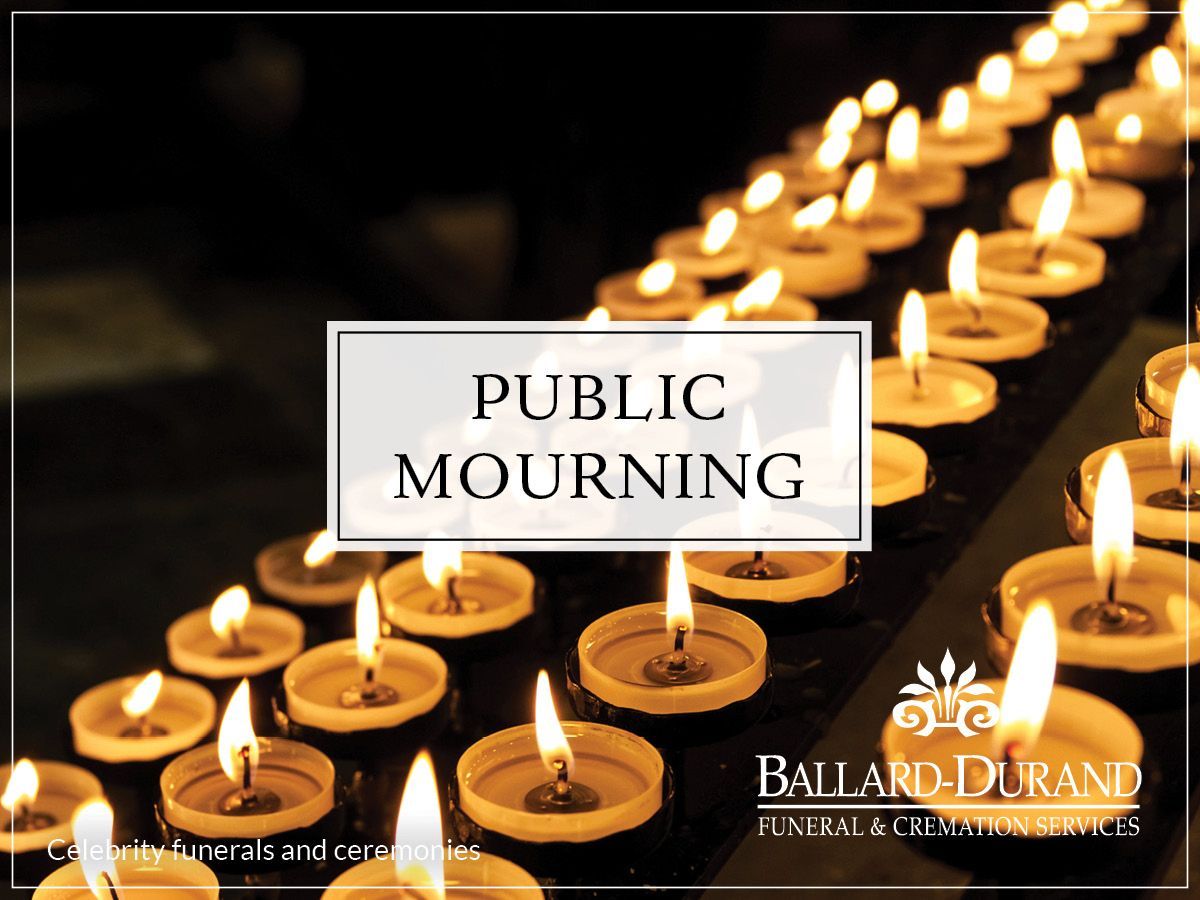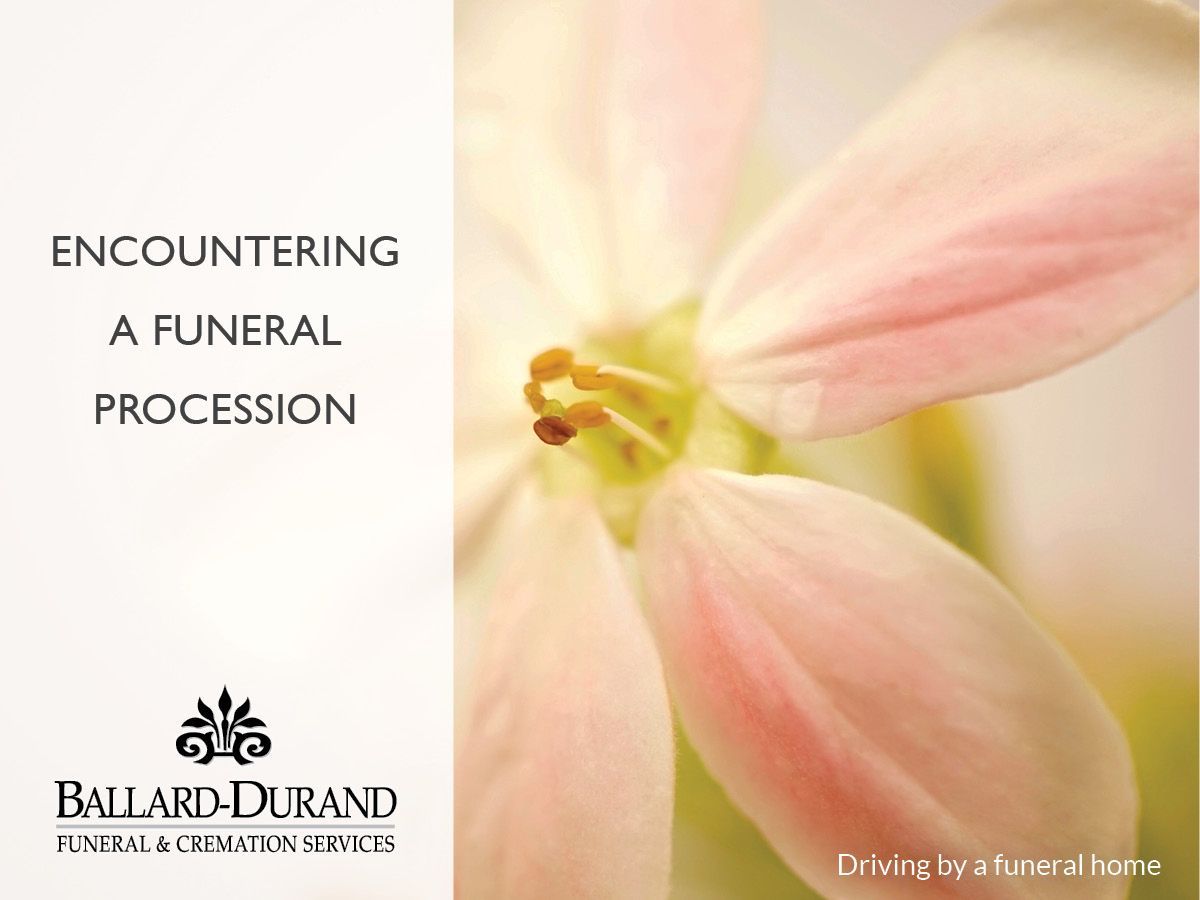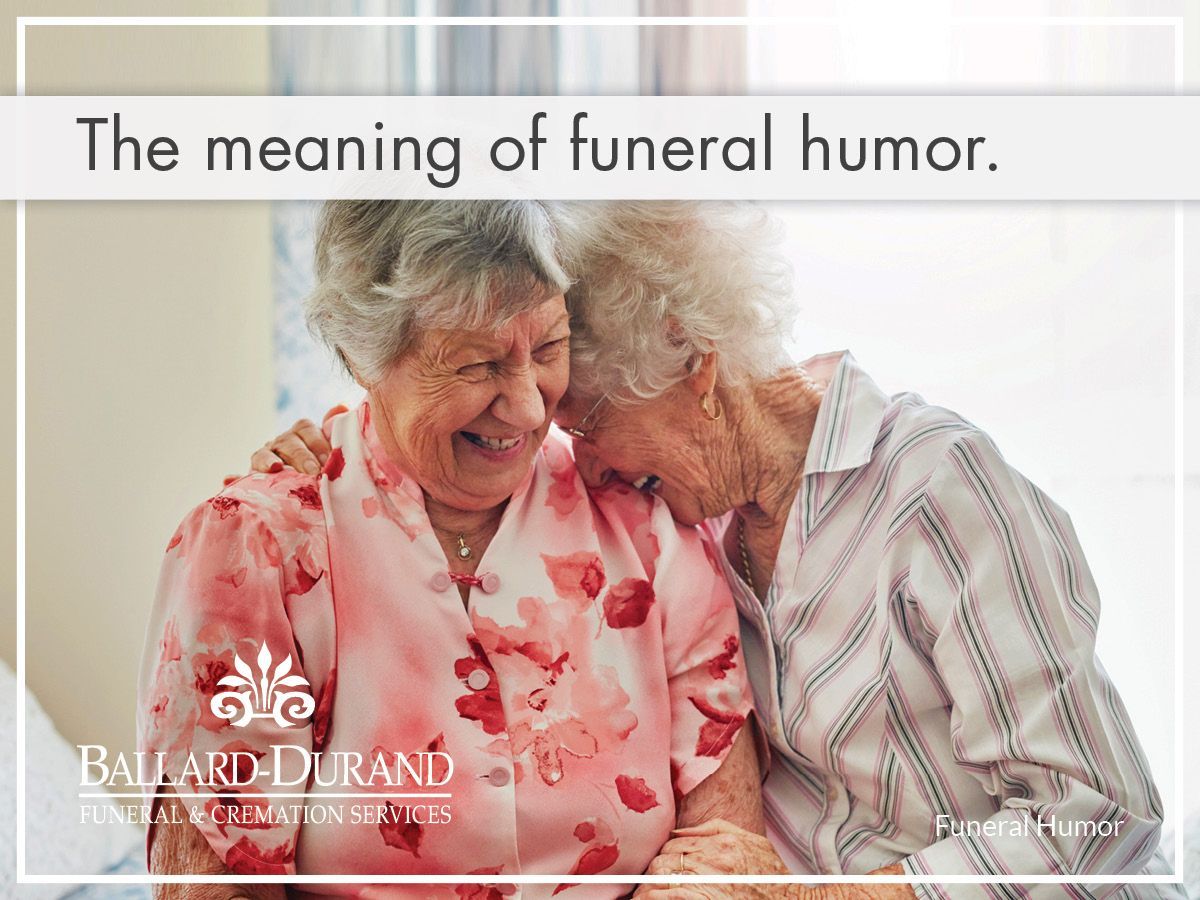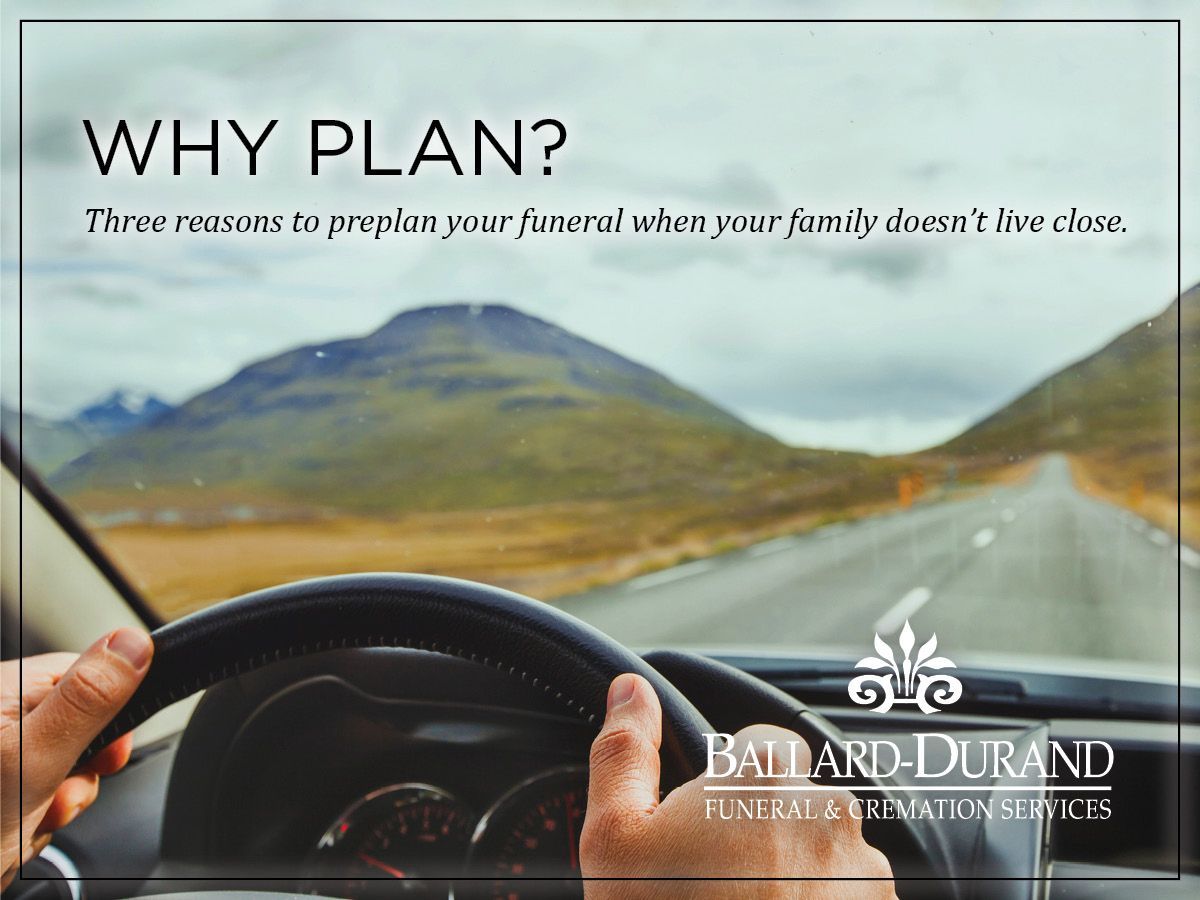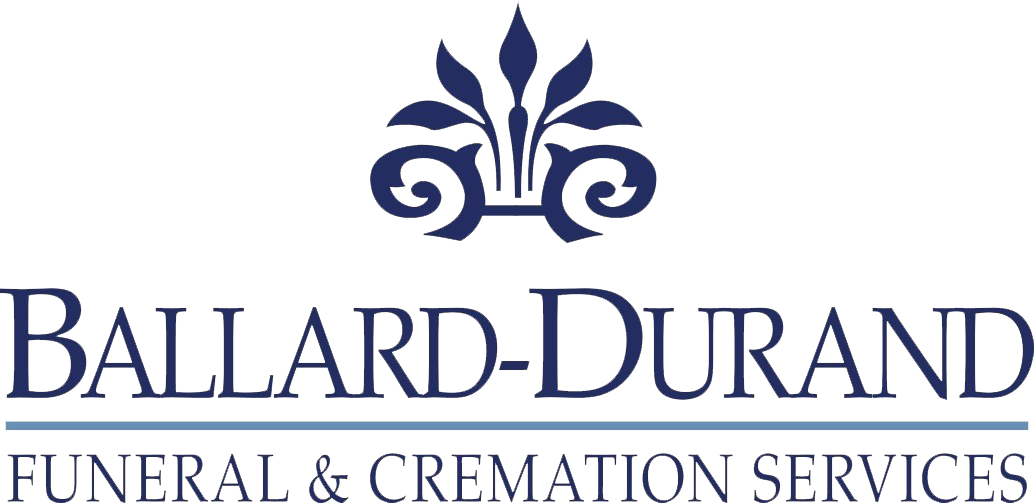Do You Have to Be a Funeral Director to Work at a Funeral Home?
When we talk about working with a funeral home to plan a loved one’s funeral, one person who plays a central role in creating an event that celebrates that loved one’s life is the funeral director. A funeral director is essentially your go-to person at the funeral home, there to provide care and support during an incredibly challenging time. They oversee and direct all funeral services, from viewings and visitations to burials and cremations. But there’s even a lot of work that funeral directors do behind the scenes that families don’t see, such as organizing transportation for your loved one to and from the funeral home, coordinating receptions, and ensuring that all necessary paperwork is filed properly and in a timely manner.
There’s no doubt that a funeral director plays an essential role in every funeral, but luckily, they don’t have to do it alone. Especially in larger funeral homes, there can be plenty of people to assist the funeral director and care for families during this emotional time.
Who works at a funeral home?
One essential part of a funeral home is an embalmer. In the United States, 50 percent of people are embalmed. Embalming is often necessary for funerals and viewings so that the loved one will look more like how families and friends remember them. Although many funeral directors are also embalmers, it’s very common for larger funeral homes to have several embalmers on staff. Not only do embalmers have to have a special license, but they also must have a degree in mortuary science and have undergone an apprenticeship under an experienced embalmer.
An embalmer may also work as a mortuary cosmetologist, also known as a desairologist. In this position, they work on the hair and makeup of a decedent, an essential part of preparing a loved one for their viewing or open-casket funeral. However, not all embalmers are desairologists, and it’s not uncommon for larger funeral homes to work with additional mortuary cosmetologists.
Although funeral directors oversee all ceremonies, those events couldn’t happen without the work of funeral attendants. Attendants work under funeral directors to ensure that everything runs smoothly so families needn’t worry and can simply grieve in peace. They assist in setting up funeral rooms, transporting caskets, and doing anything a funeral director may need of them.
Not every funeral home has the same type of staff, but advanced planning advisors are often a crucial part of the team. When you pre-plan your funeral, you’re reducing the stress of your family having to wonder if they’re giving you the funeral you truly want. Without pre-planning, an already difficult time becomes even more challenging. Advanced planning advisors work with people who want to save their families from that distress. When you work with an advanced planning advisor, you’re giving your family a blueprint of what you want your funeral to look like. When the time comes, the advanced planning advisor will work with the funeral director and other staff members to put that plan into action.
Just like a funeral home may have someone on staff to help before a funeral even needs to happen, it may also have someone who works with families after the funeral ends. Because funeral homes are such an essential part of a community, many funeral home staff members consider being an active member of their community to be part of their job description. But for some people, their job is solely about caring for the community. Some funeral homes provide aftercare, which means that staff members help families during their time of grief. Since that mourning period doesn’t end with the funeral, neither does the care these funeral homes give. These workers may be grief counselors, or they may go by a different title, but in their role, they make sure that families don’t have to go through mourning alone.
But many other people play essential roles in creating funerals that celebrate an individual’s life. Administrators and administrative assistants keep a funeral director on track, ensuring they have everything they need to take care of any families who come to their funeral home. They work to create a friendly but professional atmosphere, giving comfort to the families and their guests.
Although the funeral director may be the face that you associate with a funeral home, they’re surrounded by people who care about their community and want to be part of making a funeral a cherished event that celebrates the life of someone who meant so much to so many people. Working in a funeral home takes a kind demeanor and temperament. From administrative assistants to embalmers, funeral home staff members are unique individuals who will care for people during one of the most challenging times in their life. After years of training, these community-minded individuals love the opportunity to be of service to people in need.
